Renault vans with fuel cell range extender
Renault is equipping its Kangoo Z.E. and Master Z.E. electric vehicles with a fuel cell system – but as a range extender and not as the main source of energy. This should increase the range of the two models to up to 370 kilometres.
For the Kangoo Z.E. high roof station wagon, the WLTP range in the battery version is 230 kilometres, while the hydrogen version is expected to reach 370 kilometres. The hydrogen tank will operate at 350 bar and will be able to store up to 1.8 kilograms of H2. The load volume is 3.9 cubic metres, the extra weight for the hydrogen system is given by Renault as 110 kilograms – the payload will then still be 540 kilograms.
With the Master Z.E. Hydrogen panel van, the range triples from 120 kilometres to up to 350 kilometres with the Range Extender. The car is to be available in two versions as a delivery van and a chassis cab. Since the two hydrogen tanks (2.1 kg H2 at 700 bar) are located under the body, the loading volume (10.8 to 20 cubic metres) should remain untouched. In this case, the additional weight is 200 kilograms and the payload is 1.2 tons.
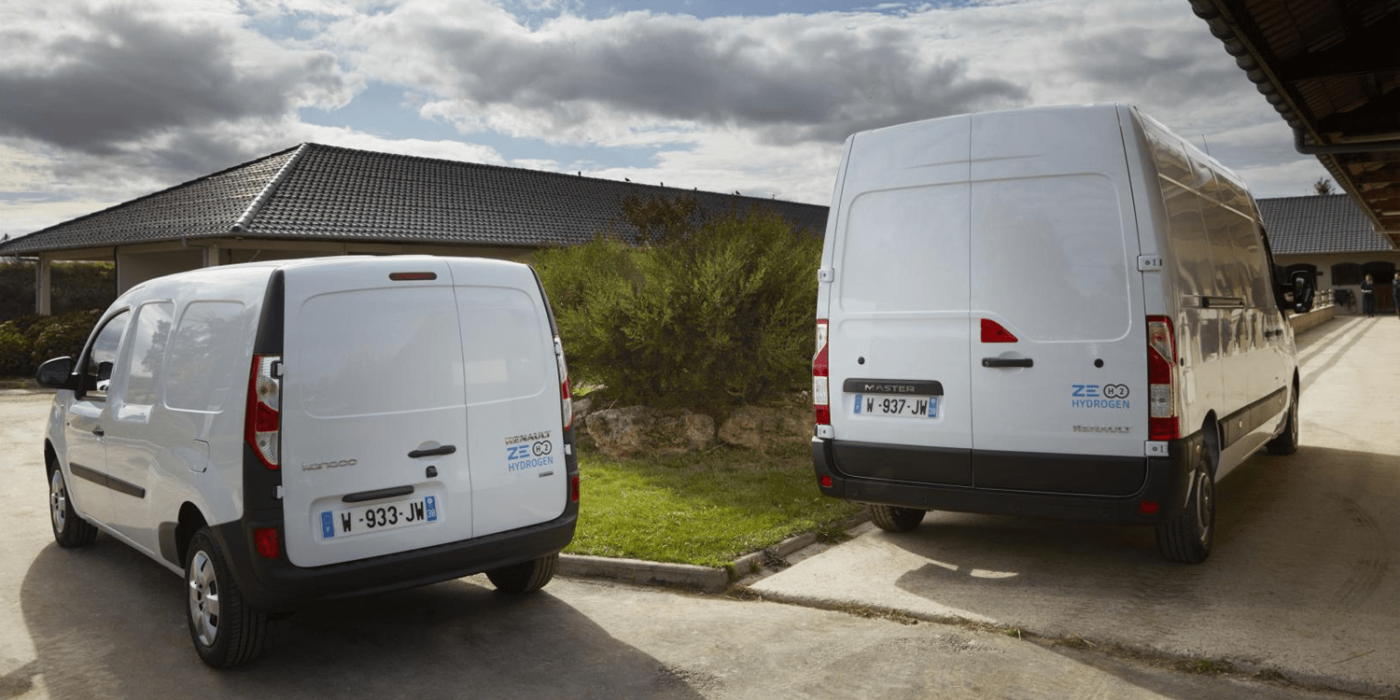
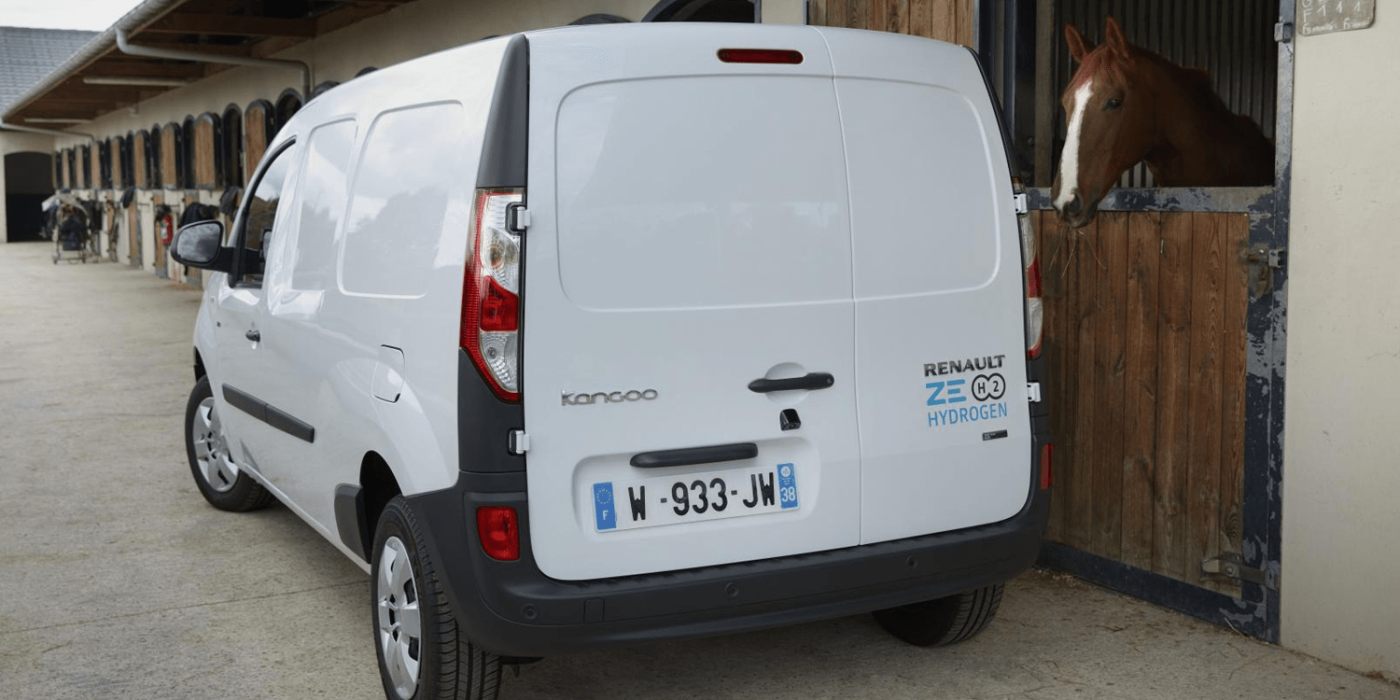
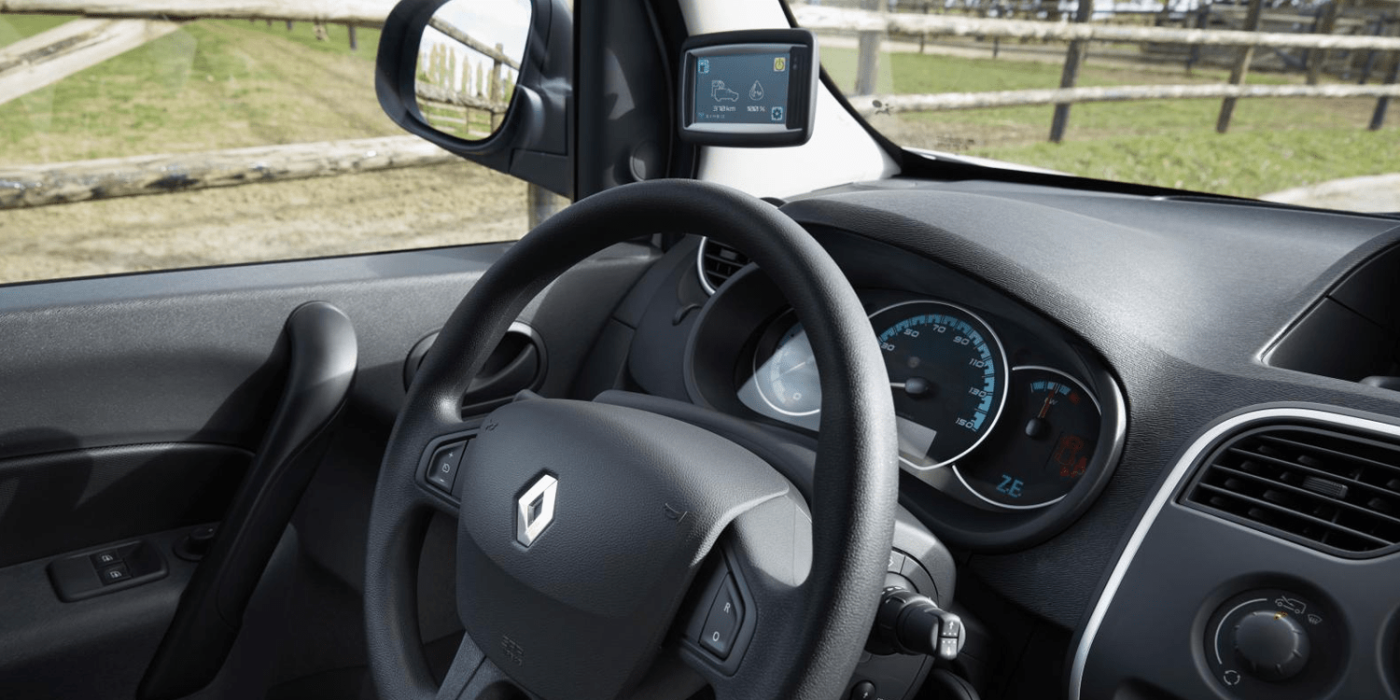
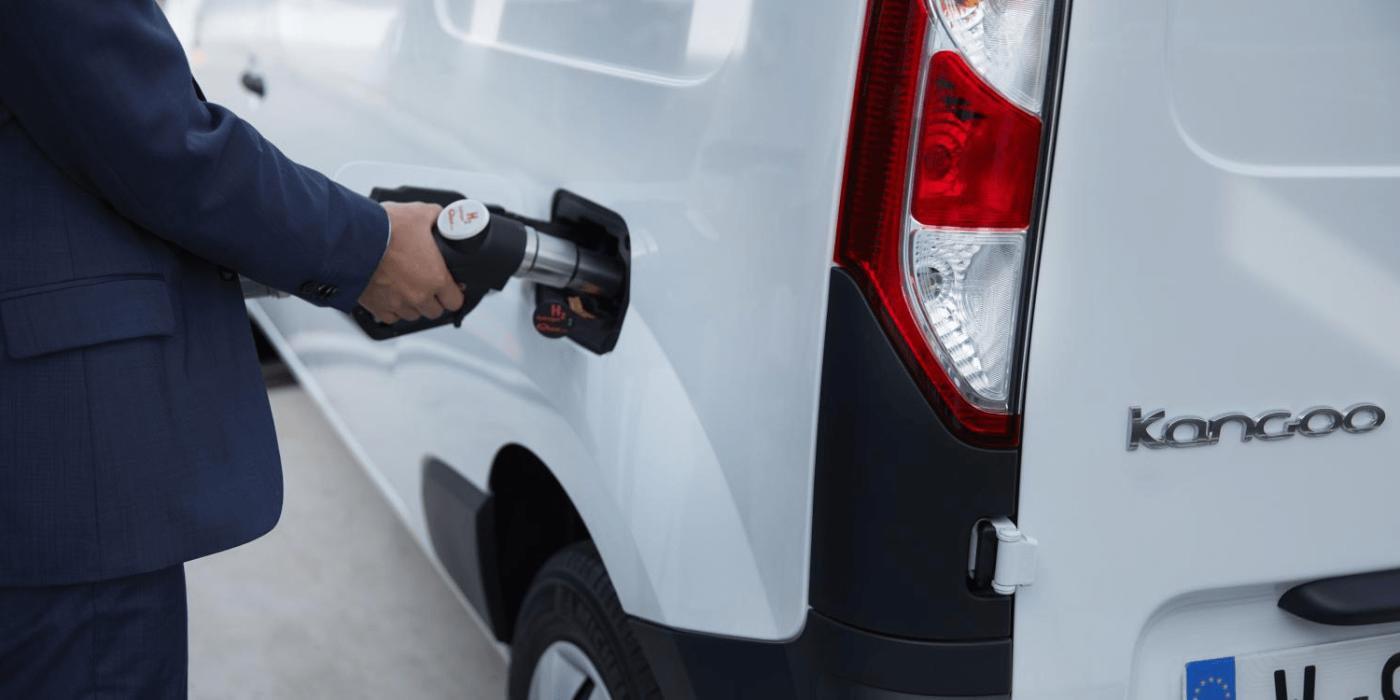
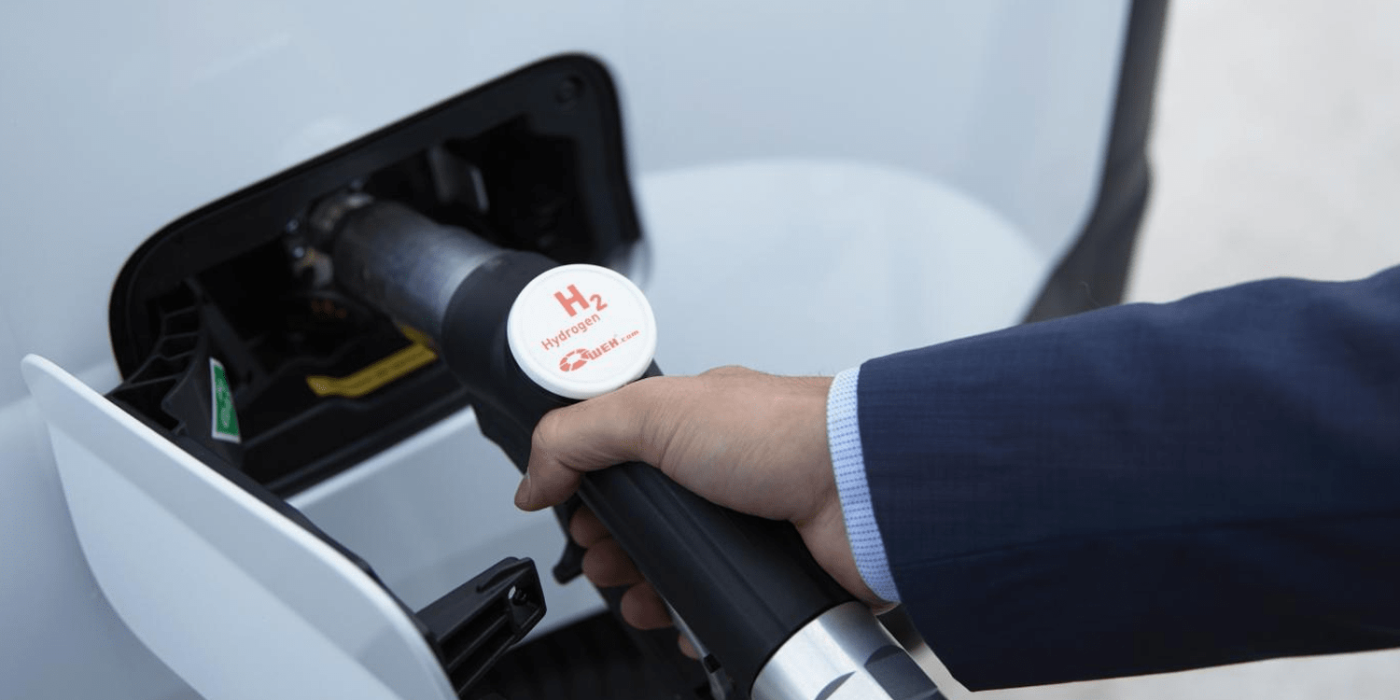
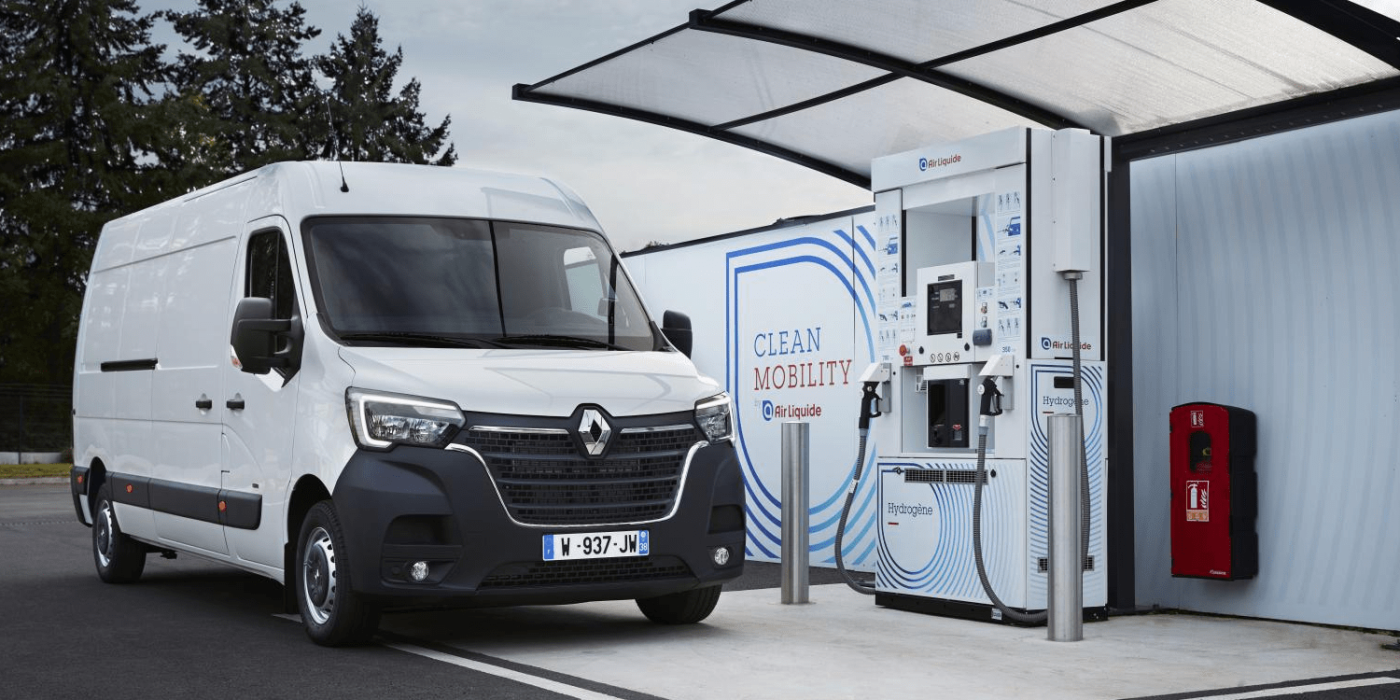
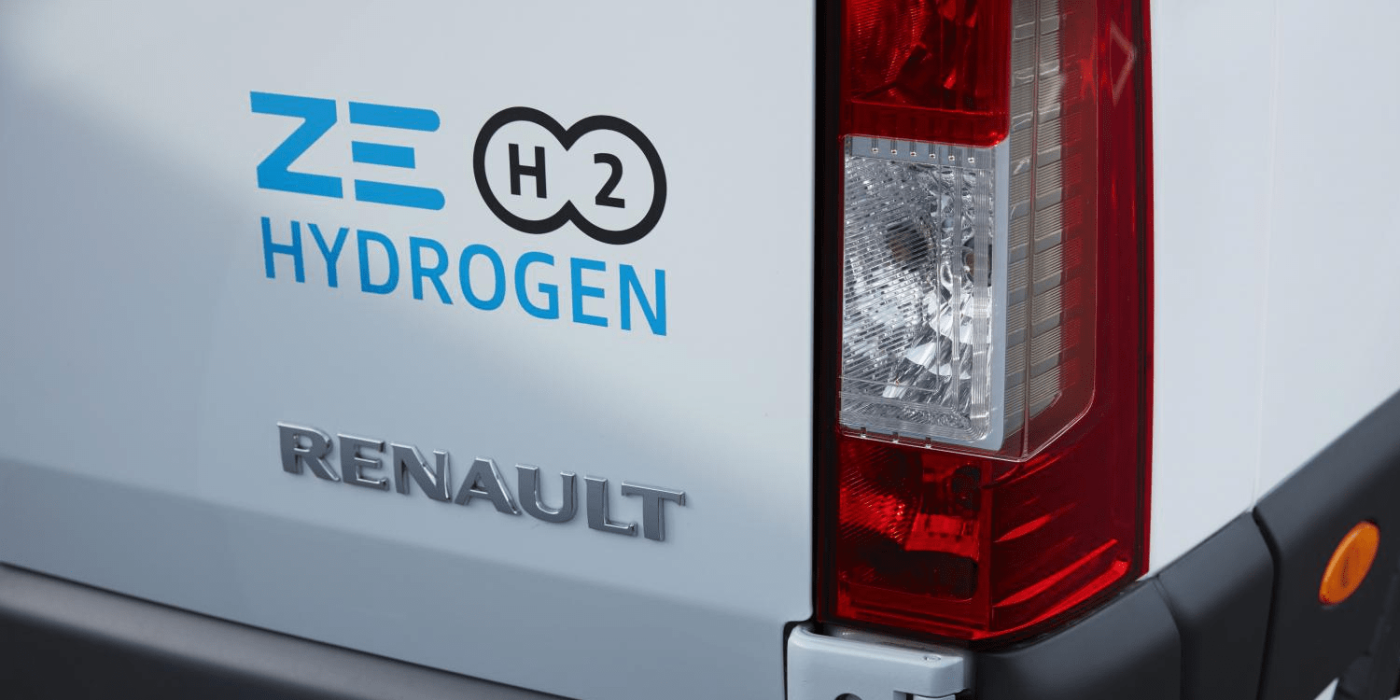
The fuel cell technology was developed together with the Michelin subsidiary Symbio and has an output of 10 kW. In contrast to “ordinary” FCEVs, the power of the fuel cell in the range extender layout is significantly lower than the engine power of 44 kW (Kangoo Z.E.) or 57 kW (Master Z.E.). Fuel cell cars usually have only a relatively small buffer battery of a few kWh installed, which is permanently recharged by the fuel cell – charging of the battery by cable is not planned for any series model except the Mercedes GLC F-Cell.
Renault is different: the 33 kWh battery of the two commercial vehicles remains the same, it can of course be charged by cable. The hydrogen system is all that is needed here and with its low power it ensures permanent recharging in order to extend the range. In most driving scenarios, however, the battery will be discharged faster than the 10 kW fuel cell can recharge.
The French manufacturer announces the market launch of the Kangoo Z.E. Hydrogen for the end of this year at the net basic list price of 48,300 euros (in France; incl. battery), the Master Z.E. is to follow in the first half of 2020. Renault has not yet quoted the price for the latter.
The two models will not be the first fuel cell cars from Renault and Symbio. In June 2015, several vehicles called Kangoo Z.E. H2 with retrofitted 5 kW fuel cells were sold in France, and since 2017 some vehicles have also been on the road in Germany. The concept of these vehicles is similar to that of the series models now presented. However, the price of the enhanced version was reduced by several thousand euros.
By the way, DHL Express and StreetScooter are also working together on a new electric transporter that is also equipped with a fuel cell. As a first step, DHL Express has ordered 100 of these electric transporters fitted with fuel cell technology, delivery of which is scheduled to start in 2020 and be completed in 2021. The first information about a fuel cell delivery van was already available in 2017.
renault.com, logistra.de (German)

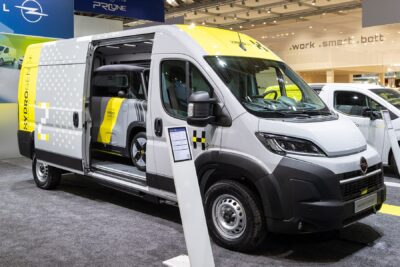
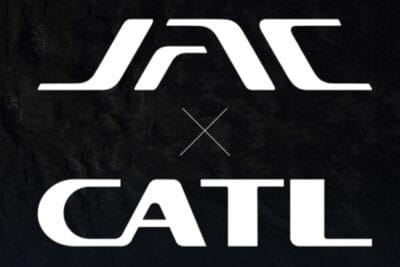
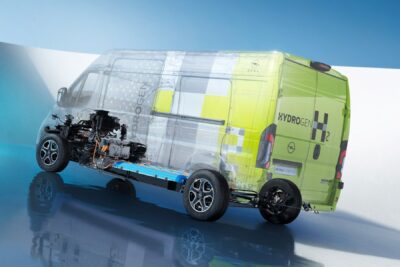
0 Comments